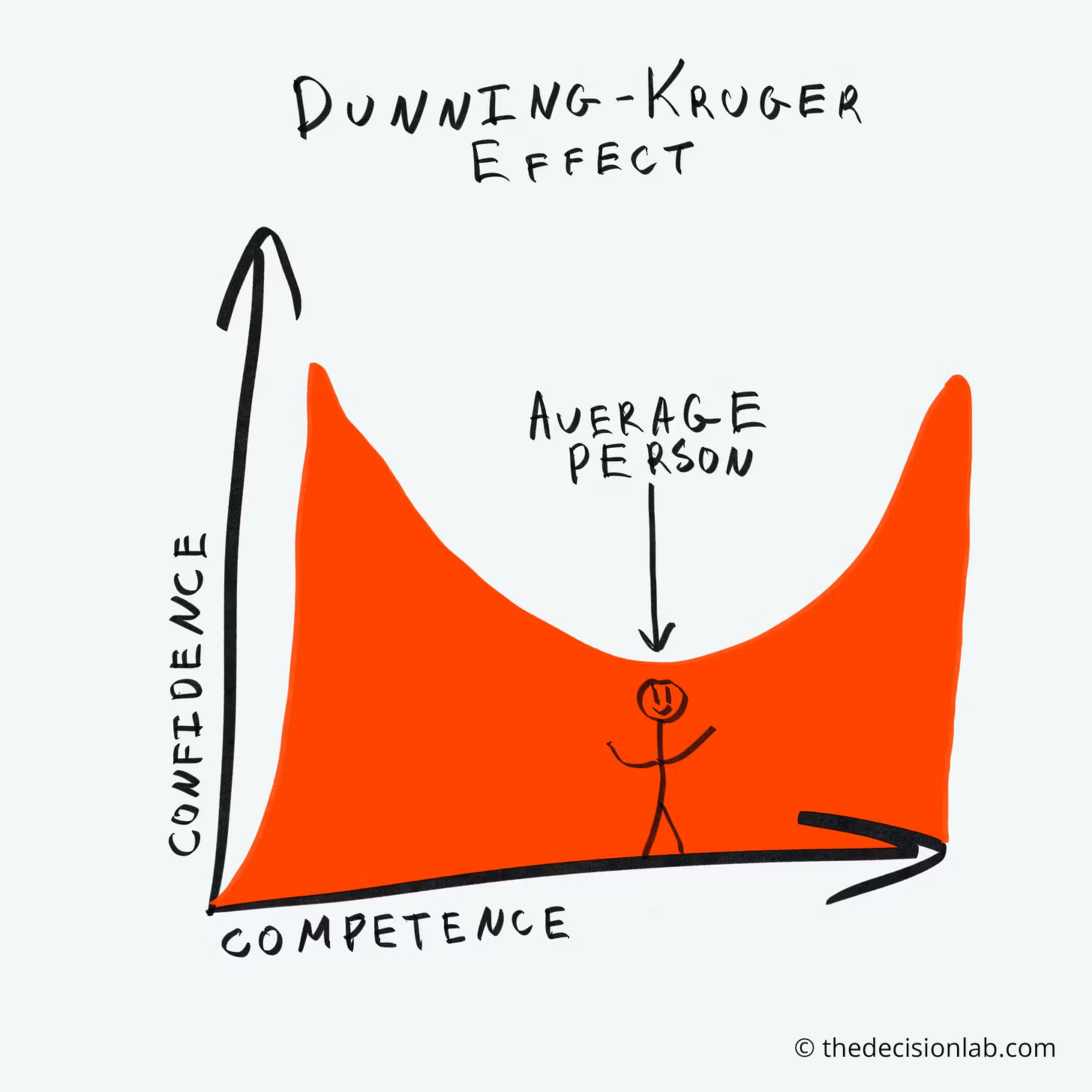
Imposter syndrome is the persistent feeling that you are not good enough, not qualified enough, or not quite “there yet.” It was first described in the 1970s by psychologists Pauline Clance and Suzanne Imes. It was originally called imposter phenomenon to soften the fact that it is not a mental illness. At the time, it was studied in relation to female professionals, but it became genderless and mainstream over time.
Imposter syndrome is often tied to perfectionism, the belief that everything you do has to be spotless and top-notch. It is hard to compromise for perfectionists, so if they do not totally dominate a subject, they do not feel comfortable raising their hand and positioning themselves as experts.
I am in this category, I definitely have a knack for perfectionism. From the products that we ship to the knowledge of a topic, I want to be comfortable and sleep well at night, knowing that I can defend myself and not be questioned. As a result, I have a sprinkle of imposter syndrome that I need to work on.
Because imposter syndrome sucks, big time. It prevents you from going for opportunities that you are qualified for, only because you feel bad about bullshitting your way through, just a little bit, when you have some gaps.
The nemesis of the imposter syndrome person is the low self-awareness person. Low self-aware people are the ultimate snub. You know that they barely know how to tie their shoes, and yet, here they are, on a panel at a conference, discussing a topic that is way out of their league. They have no problem sharing hot takes on LinkedIn, with confidence set at 100%, but expertise at maybe 20%.
Both are bad habits, but if I have to choose forcefully, I still pick imposter syndrome. If imposter syndrome is a stick in your bike wheels, slowing you down or stopping you cold sometimes, low self-awareness is a rocket to nowhere. It might project you far away, but in the long run, people will see right through it.
You will become a False Positive (FP) and lose credibility. If you have imposter syndrome, on the other hand, you are a False Negative (FN). You will miss some opportunities and it will take more time to get the recognition you deserve, but it is a silent failure compared to an FP (nobody knows except you).
This tension is very visible in the current AI hype cycle. As someone who actually earned a PhD in computer science back in the early 2000s, working on agent-based systems, I should feel vindicated that finally, after 15 years, this academic field is getting recognized in the real world. And yet, I do not feel that I can fully participate in AI discussions at the level of confidence that I want. Sure, my academic foundation taught me about distributed reasoning, negotiation, coordination vs cooperation … all concepts that should underpin today’s talk of “agentic AI”.
However, the current wave did not really rediscover those concepts, it reinvented the entire field in a more practical and less academic way. In fact, we talk about “agentic,” which is, to be honest, a catchier term than “agent-based.” I am not sure my knowledge from those academic days is relevant in today’s interpretation of agentic AI, which is more practical and focused on shipping stuff that somehow works.
Meanwhile, I have to stand here watching people who have never touched an AI model in their life suddenly grab panel seats and conference slots because they happen to work at a company with AI somewhere in its brand, even if they have nothing to do with the AI product itself. The demand for “experts” is so high that the bar has lowered, and the low self-aware are not shying away.
The good news is that I am at least aware that I have to constantly fight imposter syndrome, and this newsletter is part of the healing process. It allows me to express my ideas and be out there, but with the freedom and safety granted by the anonymous authorship (a reasonable compromise to start). I also post more on LinkedIn with my real name, and I remind myself that it is okay to say “I know a lot about X, and I am learning Y” because no one has it all figured out, especially in a field as fast-moving as AI.
Do you like this post? Of course you do. Share it on Twitter/X, LinkedIn and HackerNews




